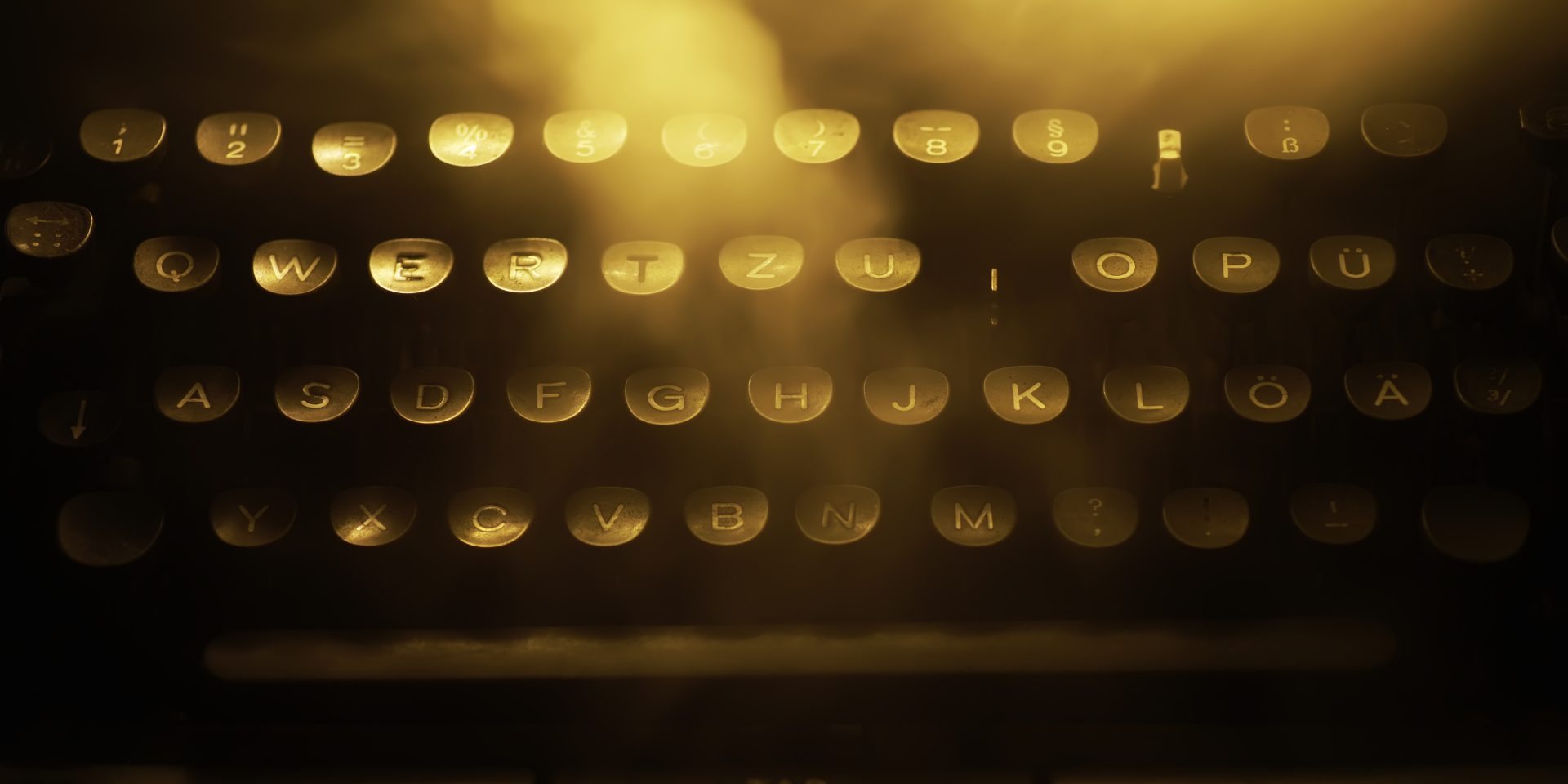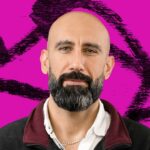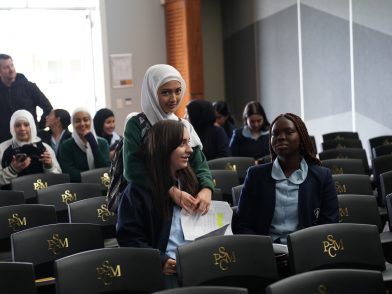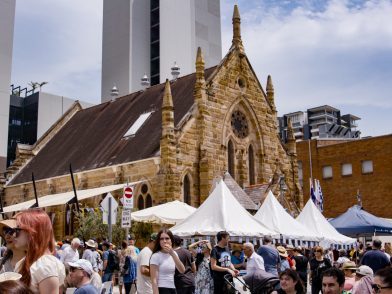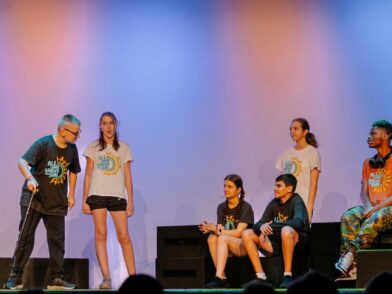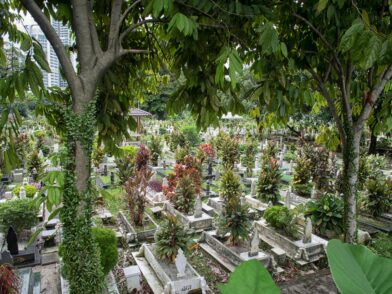A diagnosis starts with a pain and a doctor. Then the doctor gives prescriptions — the kind of crap that kills.
Not me. I was self-diagnosed with something that doesn’t leave a trace and can’t be picked up by x-rays and blood tests. The disease seeps from cell-to-cell, destroying my chance of having a normal life.
The first symptoms of my disease started appearing almost thirty years ago. A classmate of mine, Lavi, decided to make short films. We were students at Daneshmand High in Narmak — a neighborhood in eastern Tehran. Despite the name of our school, which means scientist in Farsi, none of us had even the tiniest desire to become one. Lavi wanted to become a movie director. I wanted to be a writer. Maybe if we weren’t born right before an Islamic revolution and could go to school with girls, we wouldn’t want or need to make movies. Or even if we were born someplace else, somewhere where the streets weren’t flooded by the swish swash of dried tree leaves in a big modern city with crossed steel lines and glass zigzags in a lead sky — we might’ve chosen to become doctors or lawyers instead.
I am still alive and free of government censorship in Australia, at least the classic totalitarian type. All the languages I speak enable me to tell my stories in an original way.
Our plan was to take short stories written by Iranian writer Sadegh Hedayat, the Kafka of Iran as we called him — turn our screenplays darker and more bitter than the original. Then, with the help of a Panasonic VHS video recorder (which was recently purchased after months of begging and promises of better grades), turn our screenplays into short movies. Not just any short movies, though. We would create a new chapter in the history of film, literature, art in general and everything and for everyone in the universe!
For one of Hedayat’s stories, we needed an older man. Someone in his mid-forties, which was really old from where we were standing. Lavi knew a guy. Lavi’s guy — let’s call him Hassan — wasn’t significant enough for us to even remember his real name. What I do remember is that Hassan was eshgh-e-cinema — crazy about cinema. This is what we Iranians call someone who ruins their lives hopelessly pursuing a career in acting. Eshgh-e-cinema guys never get anywhere, which is why Hassan was perfect for us. No respectable and sane adult with a would act in the stupid little movies made by a couple of teenagers.
Hassan’s role was only three minutes — a teacher who punishes his student for being absent minded in the classroom. Hassan however, stayed with us for the whole three days of the shooting, despite the fact that he hadn’t told his wife where he was. Hassan was forbidden by his family to waste his time and money on anything related to cinema.
Very soon, Lavi wasn’t so under-confident. His ‘Se, dow, yek, Harekat!’ turned into a loud and bold ‘Three, two, one, action!’. I must confess, seeing Hassan, poor bastard, gave me an adrenaline rush. The same way watching a dying man makes me feel joy for just being alive. On one occasion, for a simple scene that required Hassan to enter a room, Lavi asked me to hold him up so he could take a bird’s eye shot. ‘A falcon view’, as Lavi called it. We climbed up some stairs and then I lifted Lavi until he was holding the camera over the railing. I dropped Lavi and he nearly broke his arm and precious camera. But really, all our extra effort was a show for Hassan. We pitied the wannabe actor. We were the only action he was ever going to get in cinema. At the end, Lavi and I promised to send Hassan a copy of the film — a promise we never kept.
Last time I saw Lavi, was when he tried to convince me to join Gold Quest — one of those pyramid schemes that became so popular in the late nineties. He drove on his red Honda 125 motorbike and timidly tried to convince me to join for two hours. Even Lavi knew he would fail. Lavi looked like a hunched shadow of the falcon he once was. For all our teenage dreams, we never changed anything.
Almost 20 years later, I am still following my dream of becoming a writer. We Persians have an expression that says: ‘That person has a worm.’ This is something akin to English phrases involving ‘bug’. When someone has a bug, this is the very polite and very politically correct way to say they are sick. I am sick. I have the bug of writing. That is why despite all the evidence that shows I would probably never become a successful writer —age, culture differences, language barriers —I am still putting a lot of time and energy following my dream.
Almost twenty years later, I am still following my dream of becoming a writer. We Persians have an expression that says: ‘That person has a worm.’ Akin to English phrases involving ‘bug’. When someone has a bug,’ this is the very polite and very politically correct way to say they are sick. I am sick. I have the bug of writing.
Lavi didn’t have the film bug. For him, it was just a dream. Everyone wakes up and stops dreaming eventually. I imagine Lavi picked up a calculator one day and started calculating the time he had lost and the time he had left. He saw that the balance wasn’t in favour of him becoming the next Francis Ford Coppola. Then Lavi must’ve put his big boy pants on, bought a pack of long neck Kent cigarettes and jumped on his Honda to drive up the pyramid of life.
Hassan didn’t. He had the acting bug until he died. Hassan died a few years after Lavi and I met him. He died before he could see his three-minute exaggerated falcon-view on VCR. Poor bastard.
But I am still alive and free of government censorship in Australia, at least the classic totalitarian type. I might be too old to start again or may not be sure how to use a hyphen correctly before I Google it, but I have advantages of my own. In his 2016 essay ‘Bad Writer’ , the founding director of Sweatshop Literacy Movement, Dr Michael Mohammed Ahmad, argued, ‘being multilingual enhances the ability to imagine, create and critically engage in works of literature because it diversifies modes of thinking.’
To me, that means all the languages I speak enable me to tell my stories in an original way . So, I don’t know how much time I have left, but as long as I have a keyboard and a cup of tea, writing makes life worth living.
This story was supported by Diversity Arts Australia’s StoryCasters program in partnership with The New Point Magazine. The views expressed within this story do not necessarily reflect the views of Multicultural NSW.

